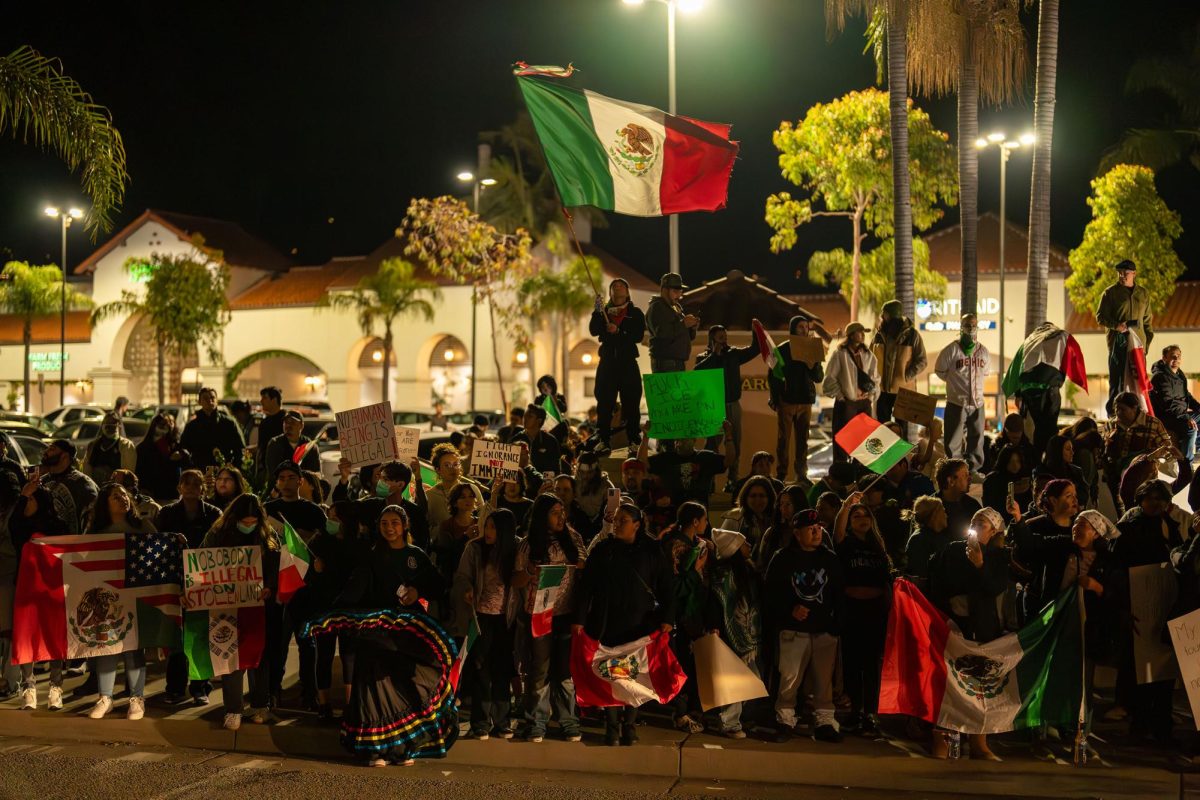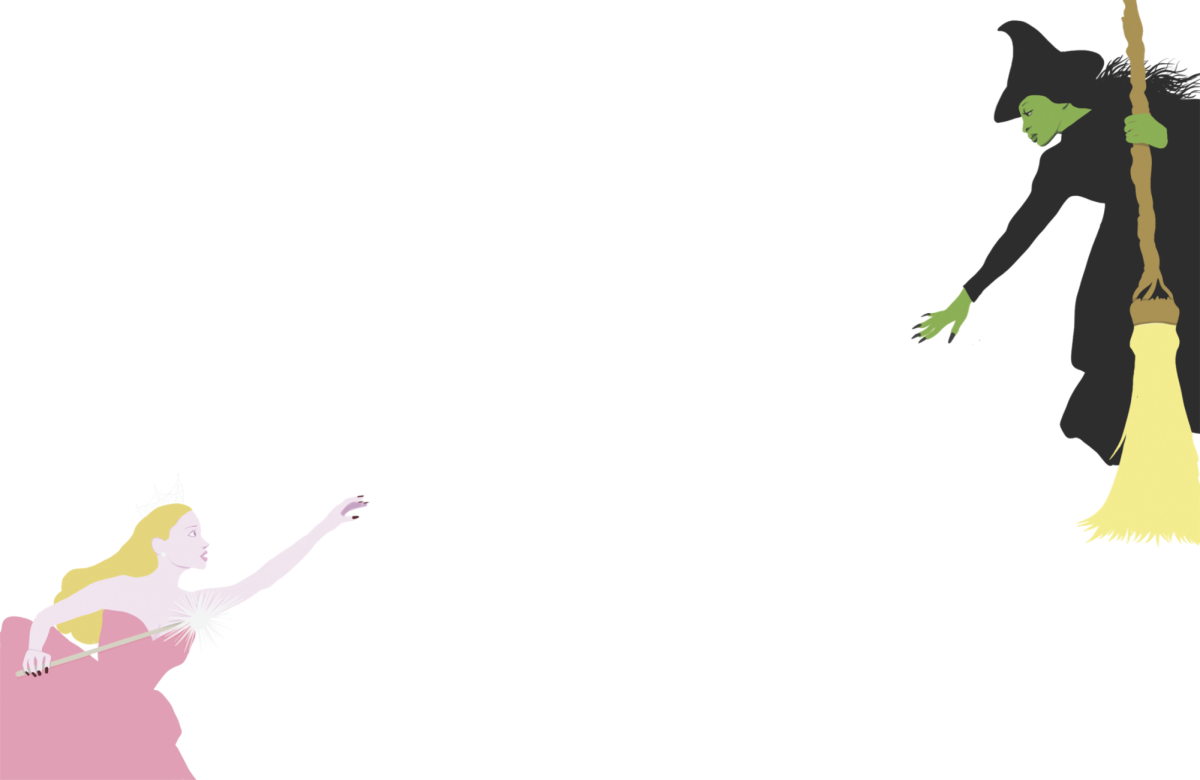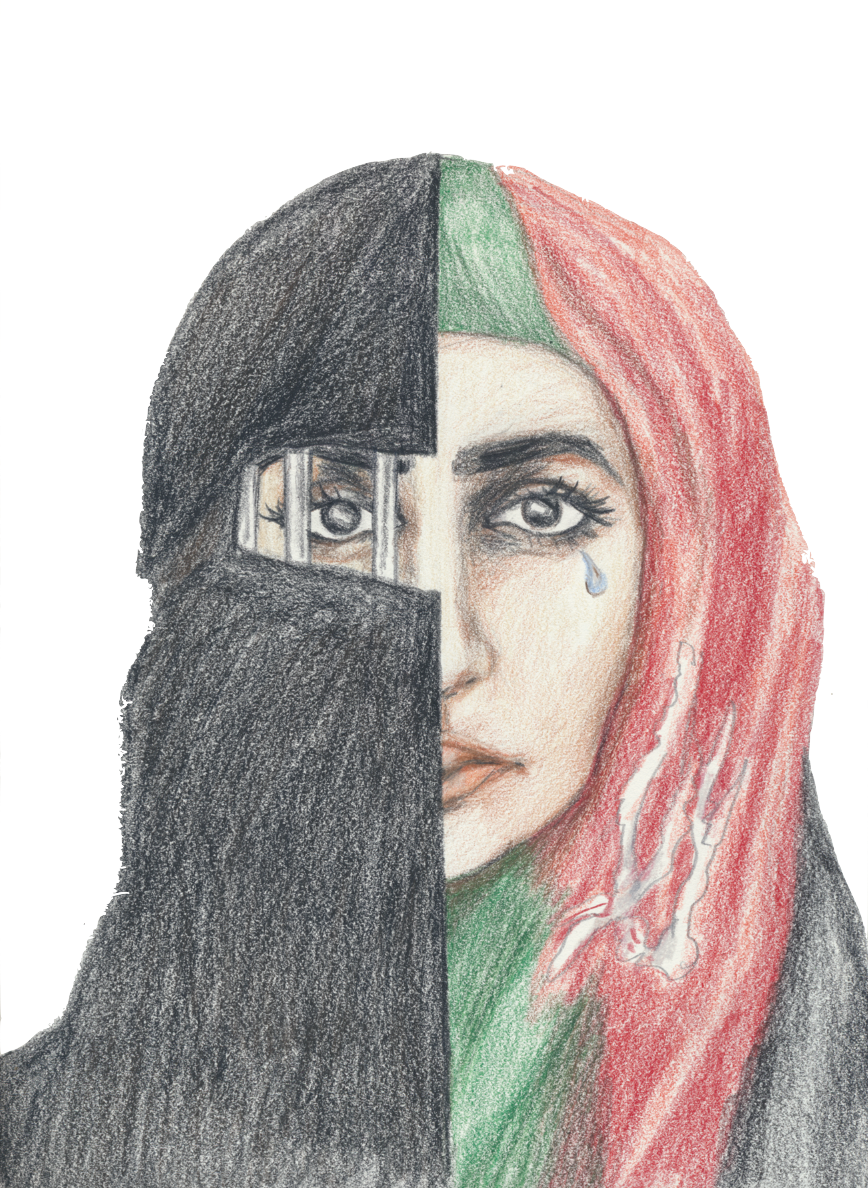Feminism fights for the fundamental rights of women to make choices about their own lives—a right that the Taliban seek to erase entirely,” according to UN Women a global champion for gender equality UN Women.
Women in Afghanistan continue to face the brutality of Draconian laws enforced by the Taliban after the United States withdrew in 2021, which changed the country’s political landscape forever.
In August, 14.2 million Afghan women experienced another deterioration of their rights after the Taliban restricted women from speaking or revealing their faces outside of their homes. Although condemned by the UN, with several human rights organizations expressing outrage, the Taliban’s leader, Hibatullah Akundzada, published new “Virtue and Prevention of Vice” laws that force women to completely veil their bodies and faces under thick clothing when in public to limit the sinful ideations of men.
The law states, “Whenever an adult woman leaves her home out of necessity, she is obliged to conceal her voice, face, and body.” On top of these veils and full-body burkas, women are no longer allowed to speak in public as their voices are deemed as “potential instruments” of evil, meaning no singing, reading aloud, or laughing.
Following the Taliban’s re-seizing control of Afghanistan, they have relentlessly attacked the rights of women and girls, which the UN has called the world’s most serious women’s rights crisis.
Codified as “gender apartheid” by Amnesty International, the deep-rooted inequality in Afghanistan between the sexes dates back decades.
Formed in 1994, the Taliban, a coalition of Mujahedeen fighters from the Afghanistan civil war during the ‘80s and ‘90s, was birthed out of conflict under the guise of an Islamic state.
Ruling Afghanistan from 1996 until the American invasion in 2001, the Taliban is notorious for abusing the rights of women.
Under the Taliban, aggression and discrimination against women and girls heightened as they enforced Sharia Law, violating their ability to be educated, leave the house without a male chaperone, be employed, speak freely, play sports, and participate politically.
“There was a time when women and girls in Afghanistan had more rights,” said DEI Director Ursula Chan.
Failure to adhere to these laws means being systematically subjected to public torture, assault, exile, and forced disappearances. Essentially kept invisible to the public, Afghan women in Kabul, their capital, have been ordered to block all of their windows in order not to be seen in the street.
Granted zero self-autonomy, the Women, Peace, and Security Index and the UN Special Rapporteur ranked Afghanistan last for gender equality and women’s rights.
Amidst these dehumanizing circumstances, women in Afghanistan continue to find a way to fight back even when exerting the most fundamental human liberties can get them killed.
In active resistance, women continue to confront the Taliban on the streets, speaking out in partnership with the UN, and organizing education groups for advocacy.
However, global support and actions against the Taliban in countries with liberal democracies have been scarce in protecting Afghan women and their rights.
A summit organized by the UN in early 2024 granted the Taliban’s request to exclude women from the meeting to have a diplomatic conference.
However, it reinforced the deterioration of female participation in every aspect of public life in Afghanistan, sparking outrage from Nobel laureate Malala Yousufzai and Richard Bennett, the UN’s rapporteur on human rights.
In 2021, former Prime Minister Boris Johnson pledged to help 20,000 Afghans migrate to the United Kingdom, as their lives were likely compromised for opposing the ideals of the Taliban, such as women’s rights activists, by establishing a resettlement scheme.
However, after the withdrawal of US troops in 2021, just under 2,000 Afghans resettled in the UK.
In a letter from The Independent that exposed the lack of safety from forcing them into small boats because there was “no alternative path to sanctuary.”
As the promise of asylum remains bleak, these promised pathways by the UK still need to materialize, and the chance that families reconnect is low.
Moreover, UK ministers have been aiming to enforce stricter immigration policies that could close the UK’s asylum system.
However, more than 32,000 supporters united to urge the UK government to protect Afghan women and their rights.
“I think it’s always important to look into women’s rights groups in Afghanistan. We need to center their movement and their desires. Listen and learn from Afghan women. Let them articulate what needs to be done and what they want for themselves. I would discourage imposing a Western idea of what they should do, have, act, behave, believe, and think. As a school, we could learn more about this,” Chan said.
To address these issues, four countries, in partnership with the Women’s Forum on Afghanistan, met to guarantee Afghan women the right to speak out and make decisions at the international level regarding the future of their country.
“Listen and learn from Afghan women. Let them articulate what needs to be done and what they want for themselves.” – Ursula Chan
During the annual debate in the General Assembly, UN Secretary-General Atónio Guterres emphasized the importance of global solidarity for Afghan women, saying: “We will continue to amplify the voices of Afghan women and call for them to play a full role in the country’s life, both inside its borders and on the global stage.”
While both democracies and theocracies subject women to the inescapable cycle of gender inequality and threats to their rights, many more countries than not capitalize on the vulnerability of women.
After all, if we choose not to raise our voices today, we become part of a vicious cycle that robs women of their humanity and silences them to the championing claws of systemic oppression.


































